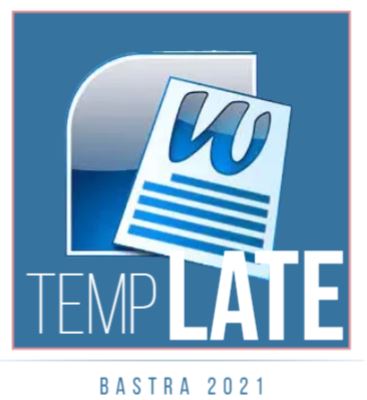A CRITICAL DISCOURSE ANALYSIS OF TONY ABBOTT’S STATEMENTS RELATED TO THE SPYING ALLEGATION TOWARDS INDONESIA
Keywords:
CDA, rhetoric, power, ideology, political discourseAbstract
This research was done in 2014 when there was an issue of spying towards Indonesia by the Australian government. It explored Tony Abbott’s statements related to his countering the accusation towards the Australia government of the spying issue to Indonesia. The research aimed at answering Tony Abbott’s political discourse in his statements, finding the way he used the political discourse; finding the supposed reason of using the political discourse and seeking for the effects of this statements for Indonesia. Descriptive qualitative was applied as the approach of the research. Critical Discourse Analysis (CDA) proposed by Norman Fairclough was used as the main theory and Van Dijk’s theory of CDA is applied as the supporting theory. Data were taken from YouTube and transcribed; the data were enriched with the ongoing statements taken from Indonesian and Australian televisions. The results of the analysis showed that rhetorical strategy and power were always performed in his statements. This illustrated the way he used his political discourse. Explicitly, ideology was shown from his statements. His ideology was endorsing the activity of Australian Intelligence for the sake of National Security including the failure of stating apology towards Indonesia causing the disappointment and anger of the Indonesians to Australian Government. This result can be an evident of Fairclough’s viewpoint that ideology is inherent in the discourse.
Downloads
Published
How to Cite
Issue
Section
License
Authors who publish with PENTAS agree to the following terms:
Authors retain copyright and grant the Engagement right of first publication with the work simultaneously licensed under a Creative Commons Attribution License (CC BY-SA 4.0) that allows others to share (copy and redistribute the material in any medium or format) and adapt (remix, transform, and build upon the material) the work for any purpose, even commercially with an acknowledgement of the work's authorship and initial publication in BASTRA.
Authors are able to enter into separate, additional contractual arrangements for the non-exclusive distribution of the journal's published version of the work (e.g., post it to an institutional repository or publish it in a book), with an acknowledgement of its initial publication in BASTRA.
Authors are permitted and encouraged to post their work online (e.g., in institutional repositories or on their website) prior to and during the submission process, as it can lead to productive exchanges, as well as earlier and greater citation of published work (See The Effect of Open Access).

This work is licensed under a Creative Commons Attribution-ShareAlike 4.0 International License.








